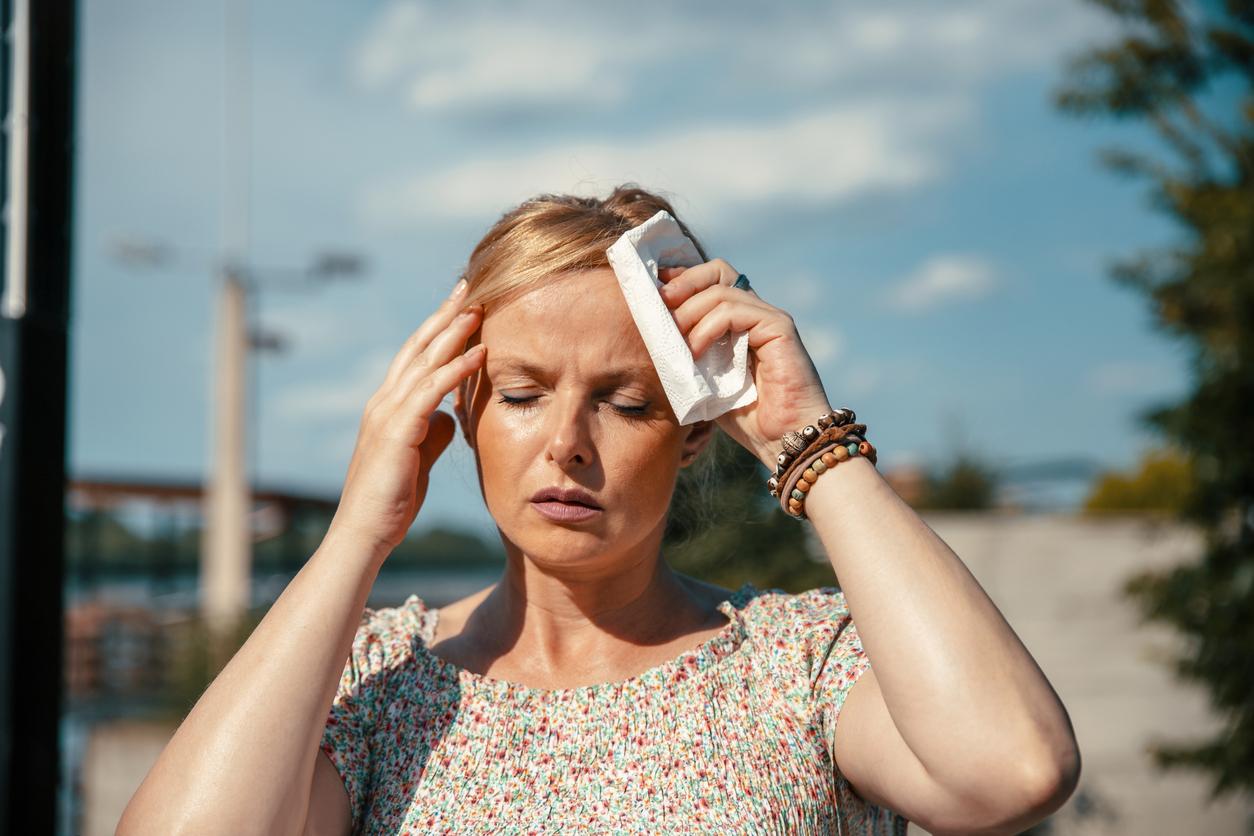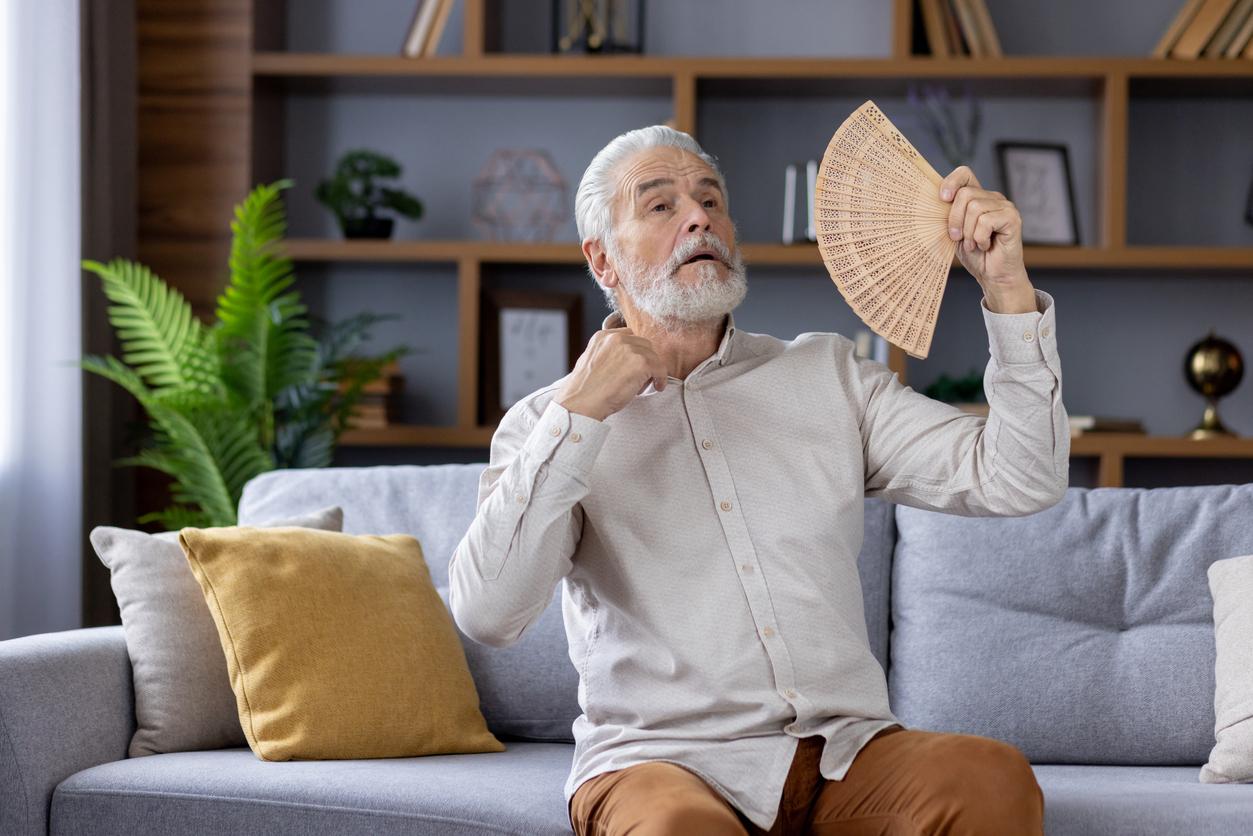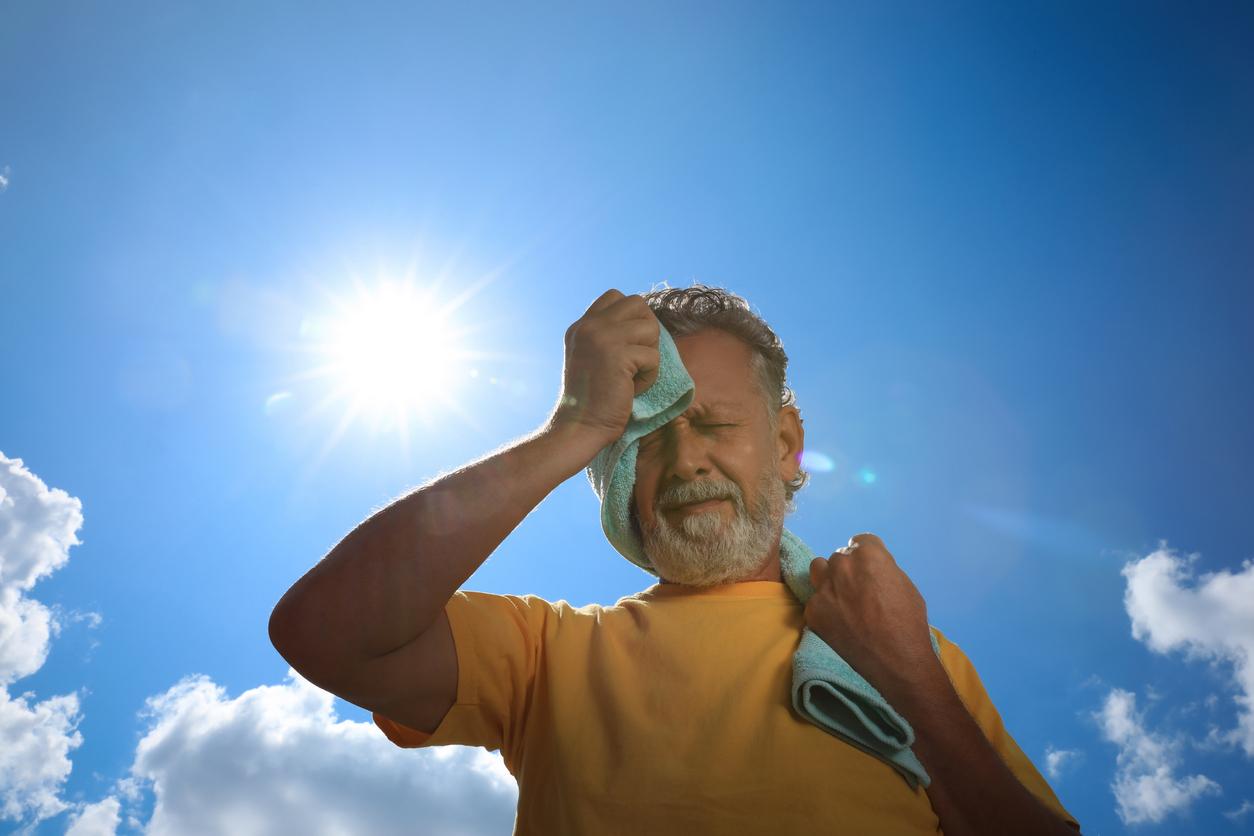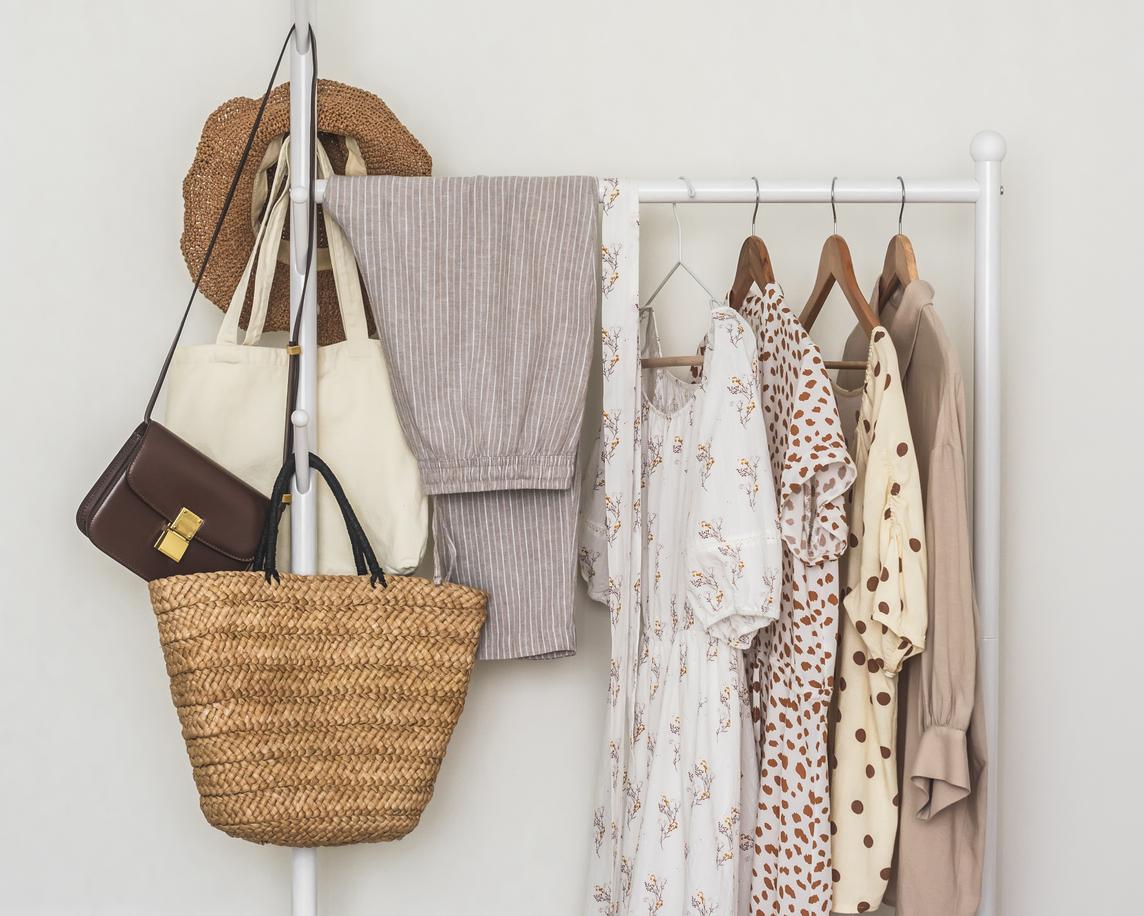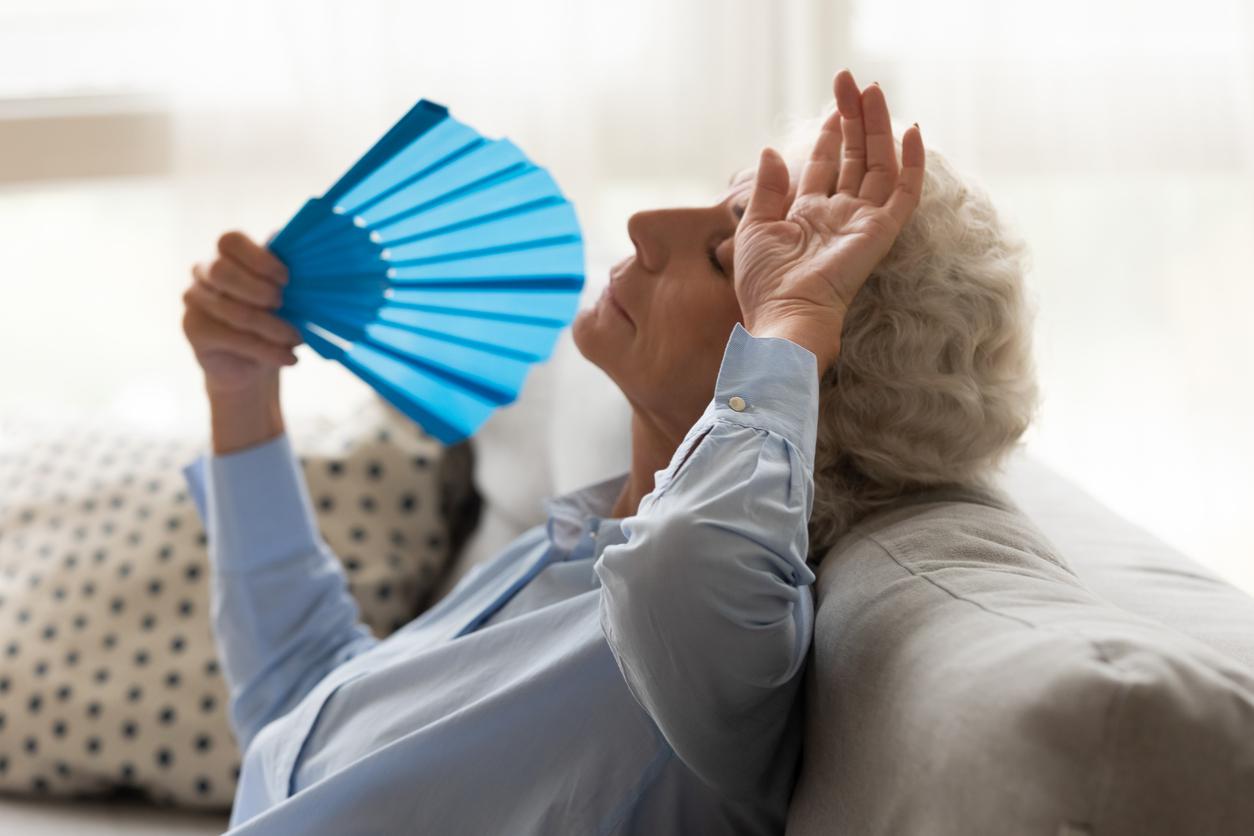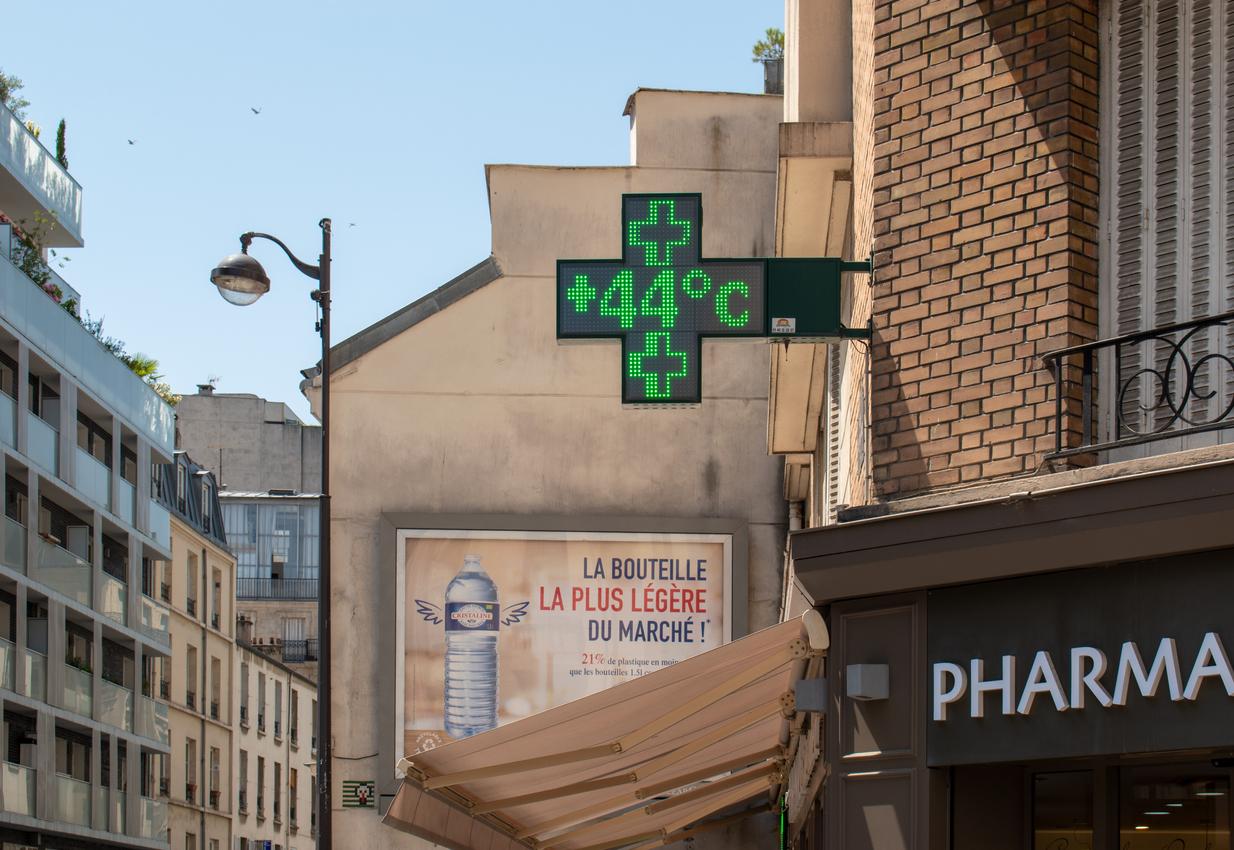
Tips for during a heat wave
Extreme heat is no fun for anyone. Vulnerable groups such as the elderly, children and people with a chronic condition can even develop serious health problems. So here are some tips to adapt your home and lifestyle to the weather conditions.
Extremely hot weather can lead to complaints such as fatigue, concentration problems, dizziness and headache. In severe situations, dehydration can cause cramping, nausea, exhaustion, faintness or even unconsciousness. In addition, skin problems such as itching and rash can occur.
National heat plan
To protect vulnerable groups from extreme heat, the government takes measures when tropical temperatures threaten. We call this the National Heat Plan, drawn up in 2007 by the Ministry of Health, the RIVM, the Dutch Red Cross, ActiZ and GGD-Nederland. The intention is to have a preventive effect. People who work with vulnerable groups, such as the elderly, children and the homeless receive extra information and tips about dealing with heat.
Risk groups
The elderly are the largest risk group for complaints related to warm weather. People with a chronic condition, people in social isolation, the homeless, people who are overweight and (very) young children are also among the risk groups. In addition, the use of certain medicines, alcohol or drugs increase the risk in persistent warm weather.
As you get older, your body doesn’t work as effectively. You are less thirsty, your kidneys work less well and your body also cools less easily with sweat. This can cause you to dry out faster.
Additional risk
In addition, seniors more often suffer from diseases that make them less able to withstand the heat, such as heart and lung disease, kidney disease, diabetes mellitus and disorders of the stomach and intestines. Even a simple infection with vomiting and diarrhea Can cause severe dehydration in heat. Medications, such as water tablets, can contribute to dehydration and even psychotropic drugs can be dangerous: the sedative effect can make the patient less alert and not pay enough attention to his drinking pattern.
Drinking and cooling
- Drink: drink two liters of water every day. Preferably water and no alcohol. In addition to water, you can also drink fruit juices, broths, sports drinks and milk.
- Be prepared: bring a bottle of water, wear light-colored clothes made of cotton or linen and wear something on your head.
- Have a siesta: Stay indoors between 11 a.m. and 4 p.m. and don’t exert any great effort during those hours. Give yourself a tropical schedule and take a refreshing afternoon nap.
- Eat healthy: vegetables and fruit contain many vitamins and salts in addition to water. Remember it’s “dog days”; the heat spoils food quickly. Do not store food for too long and keep it well refrigerated. You cannot use a food infection now.
- Find coolness. Wet your face, neck and wrists. Take a shower that is not too cold, a foot bath, put a wet towel on your neck or spray yourself with the plant sprayer. A fan can also help.
- Call for help: when using plasma medication, laxatives or psychotropic drugs, you can consult your doctor or pharmacist to temporarily adjust the dosage. They can also provide additional information if there is a risk of dehydration.
High sun power
Extreme heat is often accompanied by high sun power, which can lead to skin burns. This puts you at a greater risk of skin cancer. At sun strength 6 to 7, the sun-sensitive skin can burn after 15 to 20 minutes. This is not immediately visible: in general, the skin only turns red a few hours later. The sun is at its strongest between 11 a.m. and 4 p.m. And make no mistake: the sun’s power does not depend on the temperature! Apply well, with a high factor is important. It is also wise to stay out of the sun between 11 a.m. and 4 p.m.
Cool at home
Now at least you keep the heat out of your body, but how do you keep the heat out of the living space?
- Keep the sun out: keep the blinds, blinds or curtains closed and lower the awnings or screens. Close doors and windows. As soon as the sun has set, you can start airing. Then open as many windows as possible. If this is not possible, make sure that as many ventilation grilles as possible are open.
- Turn off electrical appliances: electrical appliances generate heat. If you’re not using devices such as the TV, lights, and computer, turn them off.
- Sleep fresh. Make sure your bedding is airy and replace the down or wool duvet with a thin cotton duvet. Ventilate the bedroom well, without creating a draft.
- Use a fan, but make sure it is not pointed directly at you. Avoid large temperature differences and drafts.
Eye in the sail
Summer is a time when many people are on vacation. Especially people with few social contacts are left behind alone. It is therefore important that you keep a close eye on each other. Call at agreed times or ask others to call you. You can also take out a subscription to an alarm system.
If you go on holiday as a carer, make sure that you transfer the care to neighbours, relatives or home care. Give them a list of important phone numbers. Hand over the house key to a trusted person and call yourself at agreed times.
Tips to keep the car cool economically >>










